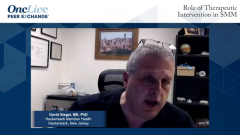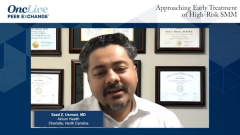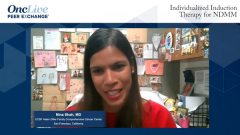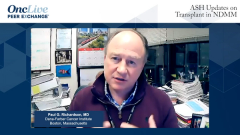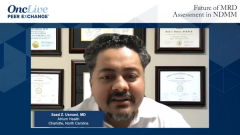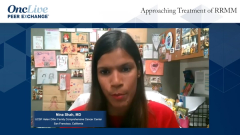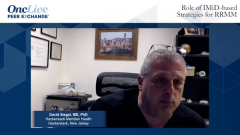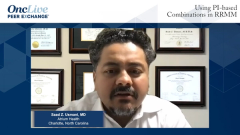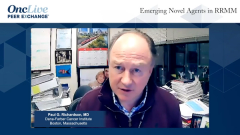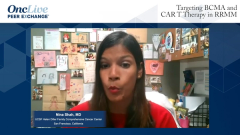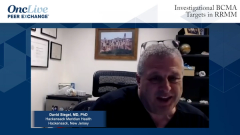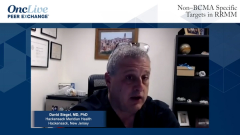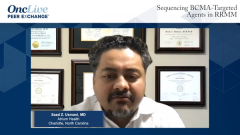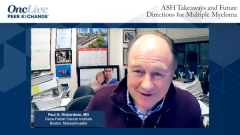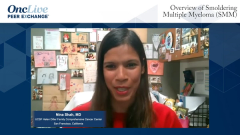
Investigational BCMA Targets in RRMM
Exploring other investigational BCMA-targeting agents such as teclistamab, AMG 701, and TNB-383B for the management of RRMM.
Episodes in this series

Paul G. Richardson, MD: In that same spirit, we saw some incredible bispecific data. I’d love David to give us a thumbnail on that. Nina, could you give us perspective on what you make of it. The headline was, “Are BiTEs taking a chunk out of CAR T?” It’s never a zero-sum game; you need everything. David, could you tell us what you made of this extraordinary data on several of the BiTE [bispecific T-cell engager]? We’ve got the AMG 701 data, the TNB-383B, the data that Dr Alfred Garfall presented [at the American Society of Hematology Annual Meeting], and any others that you feel were noteworthy. There was a good 1 from Ajai Chari that’s not BCMA targeted. Perhaps we can start with the first ones that I mentioned.
David Siegel, MD, PhD: There was not a distinguishing feature of 1 from the other. Specifically, teclistamab, AMG 701, and TNB-383B are all BCMA by CD3 specific. The AMG 701, which is probably the most mature of the trials, had response rates better than 80%, not in an extraordinarily heavily pretreated population but a heavily pretreated population. The drug needs to be administered as an inpatient right now, so it is somewhat problematic in terms of translating this into widespread community use. But this is an extraordinarily active molecule. The 2 other molecules are: teclistamab, which is a Janssen Pharmaceuticals, Inc product with response rates over 70%, and the TNB-383B with response rates of 80%. All 3 of these molecules are extraordinarily active.
These are ongoing therapies. The toxicity spectrum is similar in terms of the kinds of toxicities one sees with CAR [chimeric antigen receptor] T cells. The magnitude of these toxicities is substantially less, and mortality related to the administration of these drugs is very rare compared with the CAR T cells. There are certainly advantages. This will ultimately be much more easily translatable into community use than CAR T cells will be. We have every reason to be extremely excited about this.
Transcript edited for clarity.


